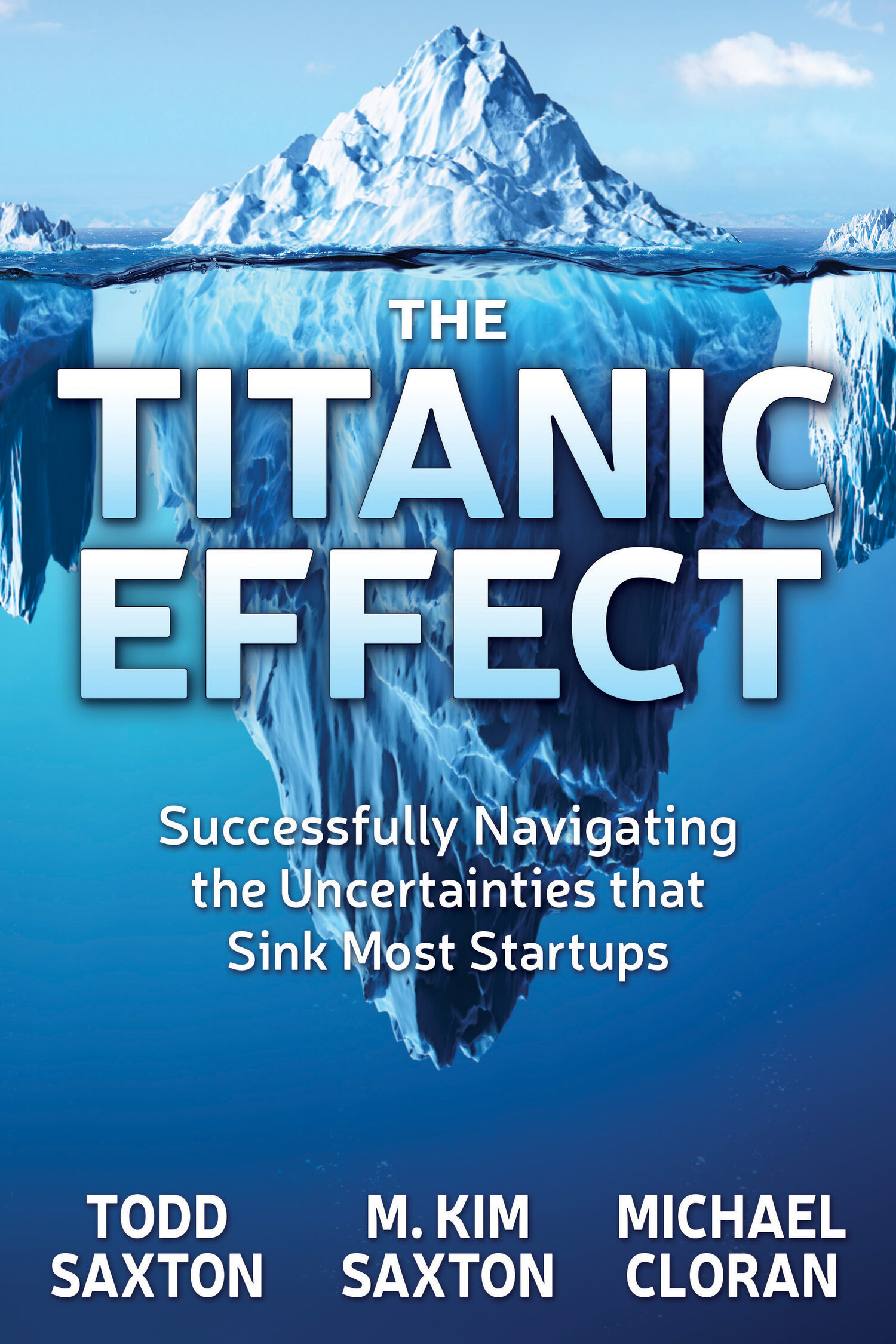Todd recently had an opportunity to write an article for The Conversation on innovators. The article explored what if anything makes entrepreneurs and innovators different from other people. Madam C.J. Walker is featured as an exemplar of some of the important attributes and behaviors of innovators. Based on decades of research, the basic thesis is that there are no specific personality traits or DNA that entrepreneurs are born with; however, there are some abilities and behaviors that can be learned and practiced.
One of the important components of the article is based on work by Jeff Dyer, Hal Gregersen, and the late Clay Christensen. Their research explores the characteristics of successful innovators and contrasts “delivery skills” versus “discovery skills” necessary for innovation.
Delivery skills are the staple of many business school classes. They include analyzing (e.g., spreadsheets), planning, detail-oriented implementing, and disciplined executing. These are certainly essential characteristics for some managers and executives who lead mid-size to larger firms. But they are not necessarily the staple skills to build on for innovating.
Discovery skills, on the other hand, are much more typical in successful entrepreneurs and innovators. They include:
Associating between seemingly unconnected constructs, technologies, or contexts
Questioning assumptions and the status quo
Observing what is contributing to a problem versus rushing to a solution
Systematically experimenting to prove hypotheses about cause and effect
Networking to broaden a set of relationships, even without an intentional purpose
These skills complement delivery skills and allow innovators to contribute in a different way to firms of all sizes. They can also be cultivated. In fact, some of the classes we teach at Kelley are designed to get our students away from delivery and out of the classroom. Instead, we explore the local venture community, work at being better observers and asking better questions, and learn how to craft good hypotheses about potential startup ideas.
We all have the potential to see problems and challenges and make small or large changes to fix them. COVID-19 offers ample opportunity to see things differently, for better and for worse. Focus on building this skillset and your ability to contribute to positive change will grow substantially.
For more tips on successfully navigating uncertainty, see our website for The Titanic Effect and sign up for our weekly blog for founders, innovators, and startups. Venture on!


